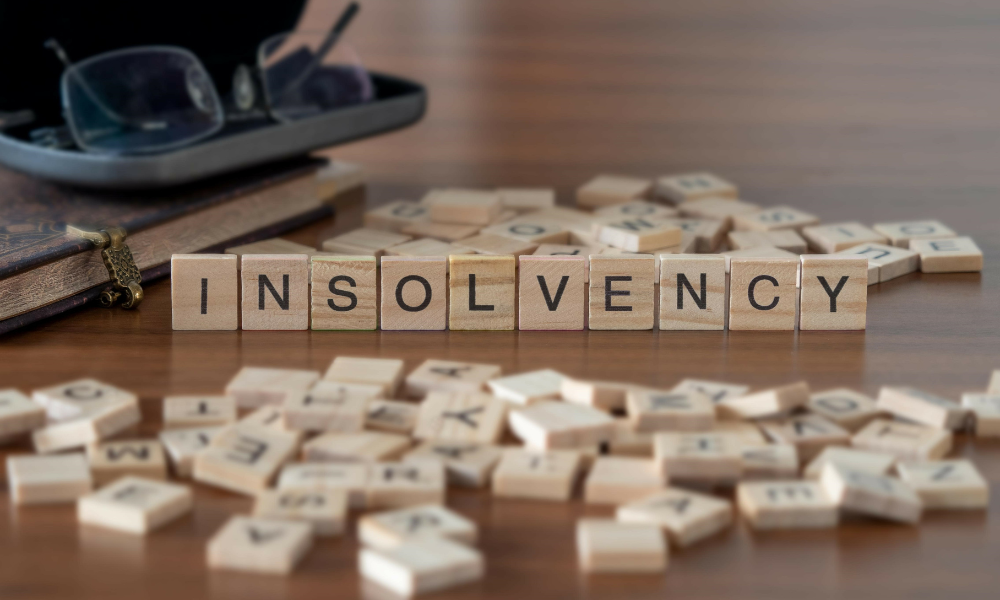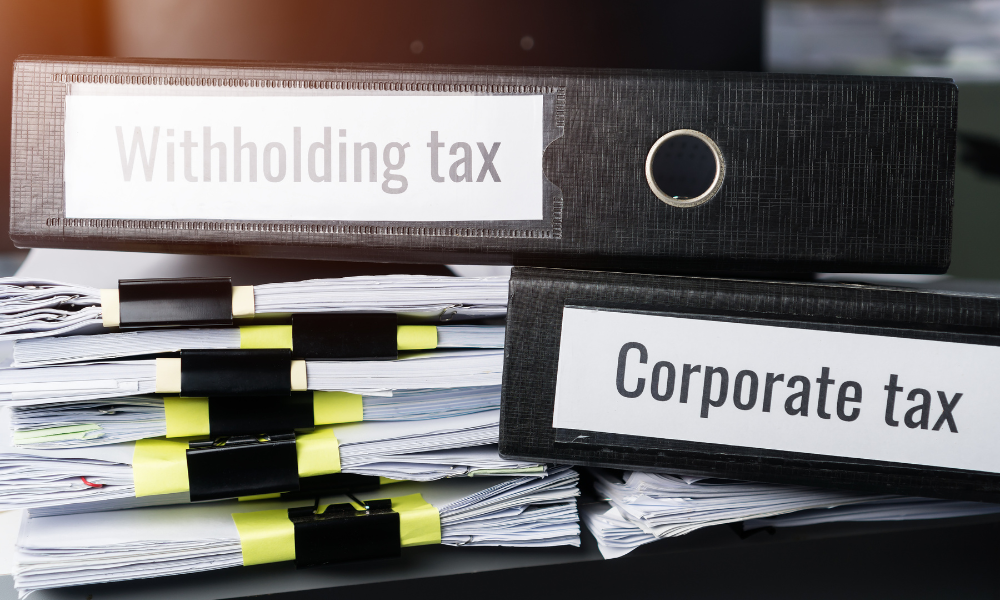Nowadays, we can say that almost everybody has a debt or credit that they’re paying for – be it a small debt we owe our friend, or a large sum we took out from a bank for our business.
However, when our debts become too much to handle, the terms insolvency and bankruptcy suddenly come to mind. To understand them, we can look at what insolvency lawyers do, and how they can help us when we become insolvent or bankrupt.
What is an insolvency lawyer?
Insolvency lawyers are those who can guide either debtors or creditors when it comes to their respective rights and obligations for the debts they’re involved in. Some may also call them bankruptcy or financial structuring lawyers, since they’re not just limited to knowing about the insolvency processes under the law.
“A Canadian insolvency lawyer is an expert in legal issues related to financial distress, debt restructuring, bankruptcy, and insolvency,” says Gerry Apostolatos, Partner at Langlois Lawyers.
As an insolvency lawyer, he added, they work with various debtors and stakeholders in a variety of industries to resolve financial challenges and navigate the legal system under Canadian insolvency laws.
These federal laws on insolvency in Canada include:
-
Bankruptcy and Insolvency Act (BIA): lays down the options for those who are insolvent (e.g., consumer and commercial proposals), bankruptcy processes, and receivership procedures
-
Companies' Creditors Arrangement Act (CCAA): governs the restructuring process that larger businesses in size ($5 million in debt) can use when they become insolvent
Insolvency may sometimes be confused with bankruptcy and being in default. Here’s a short video that differentiates these three:
Know more about what insolvency lawyers can do for you when it comes to insolvency, bankruptcy, and being in default, by hearing straight from them. Check out our directory of the best insolvency lawyers in Canada as ranked by Lexpert.
What is the purpose of insolvency law?
“Insolvency law in Canada governs the process of dealing with individuals or businesses that may be unable to meet their financial obligations,” Apostolatos says. “It provides a structured framework for resolving financial challenges, balancing the interests of debtors and stakeholders while providing certainty, fairness, transparency, and stability.”
Among others, Canadian insolvency laws provide the following options that you can use when your debts and other liabilities have become too overwhelming:
- Consumer proposal under the BIA
- Division 1 proposal under the BIA
- Financial business restructuring through the CCAA
- File for bankruptcy under the BIA
Each of these insolvency and bankruptcy options apply differently, depending on your circumstances, especially with the amount of debt you have. This is why it’s important to consult with an insolvency lawyer to know which option suits you best.
In all these things, Canadian insolvency laws ensure that creditors are rightfully paid, while assisting the debtor to get back on their feet. The insolvency and bankruptcy processes also consolidate the legal actions against the debtor, preventing needless multiple suits filed against them in other courts.
What do insolvency lawyers do?
As a debtor in distress, here are a few things that insolvency lawyers can do for you:
- give personalized advice based on your financial situation (e.g., the amount of your debt, and your livelihood or business)
- assess your liabilities and assets to suggest the best legal option under the BIA or the CCAA you can take, and explain them thoroughly
- prepare your defences and represent you in court when cases are filed against you by your creditors regarding your debts
Clients of insolvency lawyers
Aside from representing and advising a debtor, an insolvency lawyer can work for creditors, whose main goal would be to ensure that their debtor’s liabilities are collected. In most cases, one’s financial crisis would be a lawyer-to-lawyer conversation between the two sides to meet a compromise. Otherwise, court actions may blow, or proceedings for insolvency or bankruptcy under the BIA or CCAA may occur.
Below are other parties in an insolvency or bankruptcy proceeding that an insolvency lawyer can also represent:
- directors and officers
- liquidators
- monitors
- receivers
- trustees
As pointed out by Apostolatos, insolvency lawyers “can assist both individuals and businesses.” This is crucial for those who are in the corporate world, because there’s so much at stake when businesses fail due to inflated debts. With the assistance of an insolvency lawyer, legal advice is given on a case-by-case basis, considering their own industry, size, financial standing, and other factors.
What are the ways that an insolvency lawyer can help their clients?
Apostolatos, who previously served as the National and Québec Chair of the Insolvency Sections of the Canadian Bar Association, elaborated on how insolvency lawyers can help their clients. Among other things, a Canadian insolvency lawyer can:
- help businesses to reorganize their debts and operations under insolvency laws
- negotiate repayment plans that may allow the business to continue operating
- ensure compliance with insolvency laws in the best interests of the business to mitigate the risks of director liability or litigation
- even work through a bankruptcy filing to liquidate assets and distribute funds to creditors.
“They can assist creditors with debt collection or other representation in insolvency or bankruptcy proceedings while advising on rights and remedies,” he says. “They can also provide general assistance, which may include court representation, advice to directors and officers, or even strategic and preventative advice on how to avoid insolvency.”
He adds that a Canadian insolvency lawyer can also provide similar assistance to individuals. “For example, they can analyze a client's financial situation and recommend a course of action that may include informal arrangements with creditors, a consumer proposal or even bankruptcy.”
This is why, at the very least, a constrained debtor should first consult with an insolvency lawyer before proceeding with any of the courses of action under the law. Since there’s no one-size-fits-all solution when it comes to debts, it’s vital to have the perfect counsel for your very own situation.
If you or your business is in Québec, reach out to any of the Lexpert-ranked best insolvency lawyers in Québec.
Related Articles:
Are insolvency and bankruptcy the same thing?





